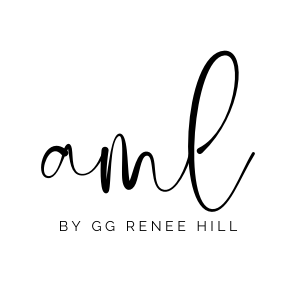crossing culture
may 21 | weekly warm-up
This week, think about your experiences (or lack thereof) of crossing culture, and any notable influence that it’s had on your life. Your experience with crossing culture could come from personal relationships, public exposure, or of course, through art and literature. You might perceive the influence as having a positive or negative effect. Journal about this influence and how it has shaped your self-concept, your creative expression, and your relationship with society. Look for ways that this train of thought connects to themes and personal stories that matter to you.
As writers who care about bringing our whole selves into our writing, and who seek to understand our many layers and angles, for the next few weeks we’re going to reflect on how our identities have been shaped by societal and cultural influences. This exploration will help you discover themes for your self-discovery work.
When I worked on the warm-up question above, at first I was uncomfortable with what came up and I wanted to avoid it and find something else to write about. That happens to me a lot! But often the first thing that comes up is the most true.
Growing up, my mother had black friends and non-black friends, and I followed suit. I played with her friends’ kids, and I made friends with all races at school. While my closest friend circles have always been comprised of black girls, whether it’s school, work, or creative community, I welcome and attract diversity in friendship and connection. However, I have family members who are wary of “others” — white people, foreign people, gay people, sometimes even non-Christian people. I remember being teased for “talking white”, liking alternative music, having Muslim friends, and knowing what it was like to sleepover at a Jewish person’s house. These are just a few examples.
So how has this shaped my identity? While there are plenty of times when this scrutiny from my family and community has caused insecurity — am I black enough?! — it ended up being something that made me stronger in my identity and my conscious choice to be curious and open. It has forged my ability to crossover, so to speak, and to not feel any compromise to my own cultural ties. Exposing myself to many cultures and different types of people has added value to my work as a writer and facilitator because it’s helped me highlight the unifying humanity underneath all the differences. Facing criticism about it would hurt in the moment, but ultimately I’ve always felt that I was meant to connect people. It’s helped me build confidence as I set an example of being my own person and not feeling limited by cultural rules.
This week I’m asking you to think about your experiences (or lack thereof) of crossing culture, and any notable influence that it’s had on your life. You can categorize culture in any way you like. The “Big 8” are racial, ethnicity, sexual orientation, gender identity, ability, religion/spirituality, nationality, and socioeconomic. Your experience with crossing culture could come from personal relationships, public exposure, or of course, through art and literature.
As writers, consuming art from different identities and cultures allows us to see our own secrets, hopes, dreams, fears, and struggles reflected through the journeys of people with backgrounds and circumstances that are vastly different from our own. When we read about the thoughts and experiences of others, we are able to step outside of our personal reality and cultivate the habit of curiosity over judgment. Through stories we can enter new perspectives and different cultures, discovering the universality of how our human experiences, life values, and environments shape us. When we write and share our own stories, we get to deepen our self-understanding as we join the conversation.
“Not only is it crucial to find personal representation in media and books, but to explore and understand the identity, culture and experiences of others as well. Our identity is uniquely shaped by our past, environment and relationships. Finding a story that is able to articulate and fictionalize our own thoughts, fears and hopes can be inspiring and empowering as we all navigate our own journeys.” — Sophia Gibbons

